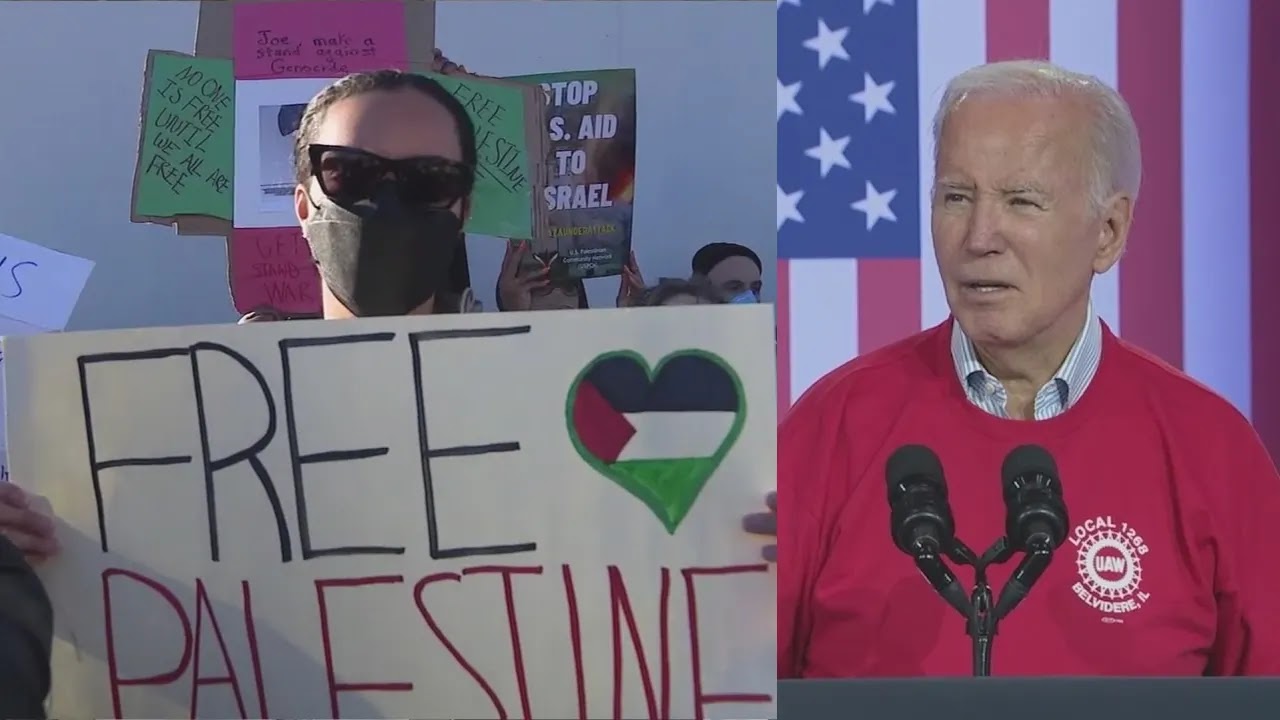Chicago Protests Against Biden's Visit Amid Gaza Conflict: A Civic Response
In a significant
demonstration of civic engagement, 5,000 people gathered in Chicago to protest
against U.S. President Joe Biden's stance on the Israeli offensive in Gaza.
This report delves into the details of the protest and the reasons behind it.
1. The Scale of the Protest
According to "Mondweiss," an
American website, about 5,000 individuals in Chicago voiced their dissent
against President Biden due to his continuous refusal to support a ceasefire in
the Israeli operation in Gaza.
2. The Protest's Timing and Location
The protest occurred in Chicago's West Loop
area as President Biden visited the city to attend a fundraising event for his
campaign. The exact location of the gathering was disclosed only a few hours
before the planned time, adding to the impressiveness of the turnout.
3. Organizational Efforts Behind the Protest
The demonstration was a result of
collaborative efforts by the Coalition for Justice in Palestine (CJP),
comprising various organizations including the American Palestinian Community
Network (USPCN), American Muslims for Palestine, Students for Justice in
Palestine - Chicago, and several others.
4. Key Voices in the Protest
Malik K, a prominent member of the
"American Muslims for Palestine" Chicago chapter, emphasized the
importance of protesting Biden's visit. She highlighted the city's active
involvement in demonstrations and direct actions to hold the U.S. accountable
for its role in the Gaza conflict.
5. Public Sentiment and Slogans
One of the notable slogans during the march
was a clear message to Biden, indicating that American voters would remember
his actions come November. This reflects a strong sentiment against Biden's
policies regarding the Gaza situation.
Finally
The Chicago protest
against President Biden's visit represents a strong civic response to his
handling of the Gaza conflict. The large turnout, organized by a coalition of
justice-oriented groups, signifies a community united in seeking accountability
and change in U.S. foreign policy, particularly in relation to the
Israeli-Palestinian conflict.



